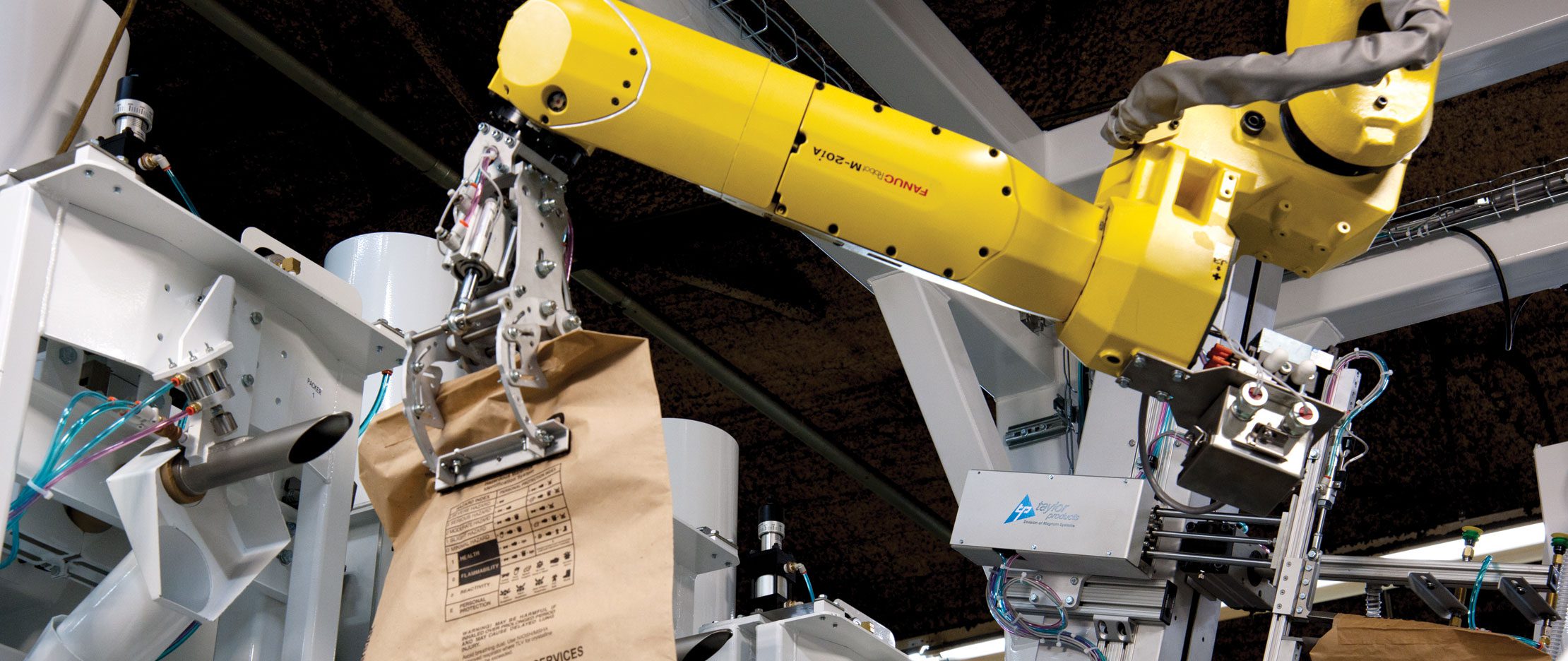
Has managing multiple contractors become a roadblock in your path toward operational excellence? For many industrial manufacturers, the complexities of coordinating various contractors can delay the integration of critical technological advancements that keep you in step or ahead of the competition. Systems integration is an essential, comprehensive approach to manufacturing processes that can unlock unprecedented efficiency and productivity for your business.
Systems integration combines different systems, tools, and technologies to function as a unified whole. Investing in an integrated system can significantly increase your ROI while seamlessly connecting various aspects of your organization, from material handling to packaging and everything in between.
However, managing multiple contractors can become a bottleneck for industrial manufacturers striving for operational efficiency. Is managing multiple vendor relationships hindering your ability to implement an integrated system? Unifying your processes with a single systems integrator will unlock improved workflow strategies, reduce downtime, and enhance productivity.
The Benefits of System Integration for Industrial Manufacturers
Implementing an integrated system is a game-changer for industrial manufacturers. Consolidating your bulk material handling needs with a single systems integrator offers a unified point of contact and a tailored, end-to-end solution to achieve your operational goals. This approach enhances your chances for success.
The Problem with Managing Multiple Contractors
Juggling multiple contractors is challenging. Manufacturers may experience setbacks including miscommunication and project schedule misalignment. It can also be difficult to determine accountability when expensive issues arise. These headaches result in delays, cost overruns, and poor system performance. Ultimately, these issues hinder operational efficiency — the very issue an integrated system aims to resolve.
When contractors specialize in only one aspect of your system – such as conveying, weighing, blending, or packaging – siloed operations result in incomplete solutions. Disjointed processes require ongoing adjustments and fixes to achieve compatibility and synchronization, which can tax your internal resources and delay the time-to-market for new products.
How to Spot a Reliable One-Stop System Integrator
When considering a systems integration, it is vital to partner with a trusted integrator that can address your unique business needs. A skilled systems integrator like Magnum offers:
Why the Perfect Time for Systems Integration Is Now
The industrial manufacturing landscape is rapidly and constantly evolving, emphasizing the need for cohesive and future-ready operations. Investing in a custom, scalable, integrated system today will optimize your operation’s agility. It will also give you a competitive edge in a fast-paced market by reducing process complexities. Additionally, streamlined systems enable effective responses to change in consumer demand, regulations, and bulk material supply chain fluctuations.
By addressing the challenges of managing multiple contractors through a unified, integrated approach, you can position your business for long-term success.
Your system integration doesn’t have to be a daunting process. At Magnum, we specialize in designing, building, and supporting innovative solutions tailored to each customer’s specific needs. We help our customers achieve seamless, high-performing systems that significantly optimize their operations.
Let Magnum Streamline and Simplify Your Operations
If managing multiple contractors feels like an uphill battle, it’s time to consider the advantages of partnering with an experienced system integrator with a deep understanding of the modern manufacturer's pain points.
Don’t put it off any longer. Every passing day without benefiting from an integrated system is another day of delayed ROI. Contact Magnum today to consolidate your systems with a comprehensive and successful solution that sets you up for long-term success.
Magnum Systems podcast series, AIM!
RELATED POSTS
Systems Integration: Future-Proofing Your Manufacturing Operations Today
A Beginner’s Guide to Understanding Integrated Systems
Nine Necessary Routines for Maintaining Integrated Systems for Bulk Material Handling
Related Post
How Unified Namespace Solves Manufacturing’s Data Silo Problem
The Rise of Smart Plants: How System Integration Engineers Are Driving Industry 4.0
System Integration in 2026: Navigating New Manufacturing Regulations